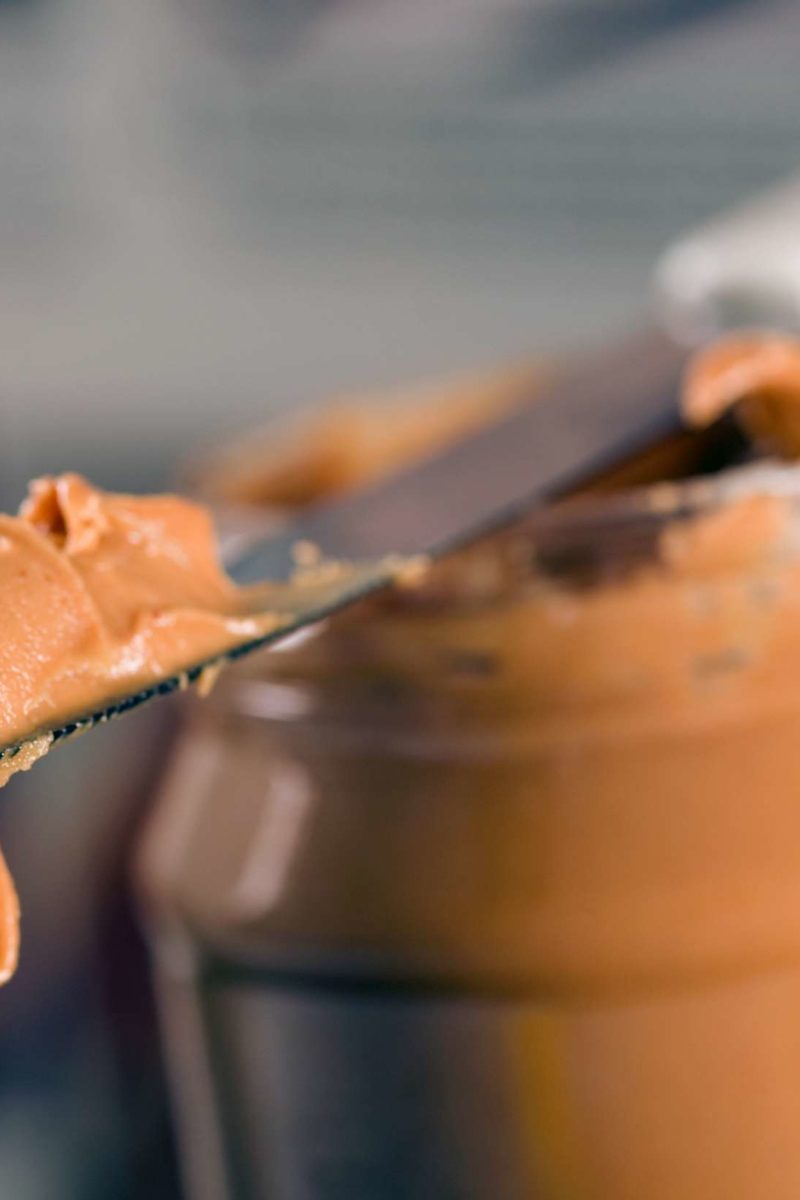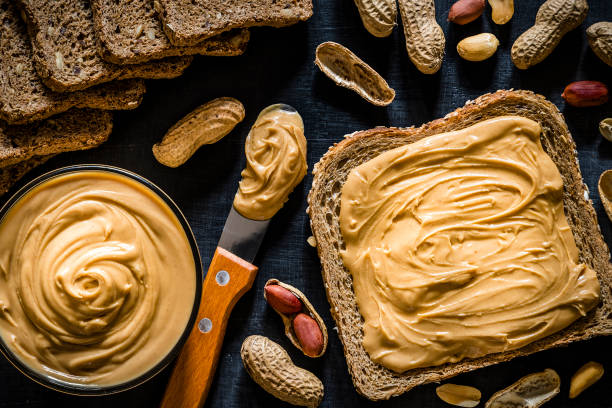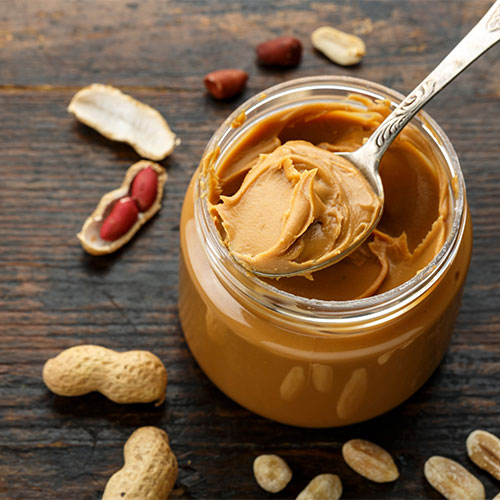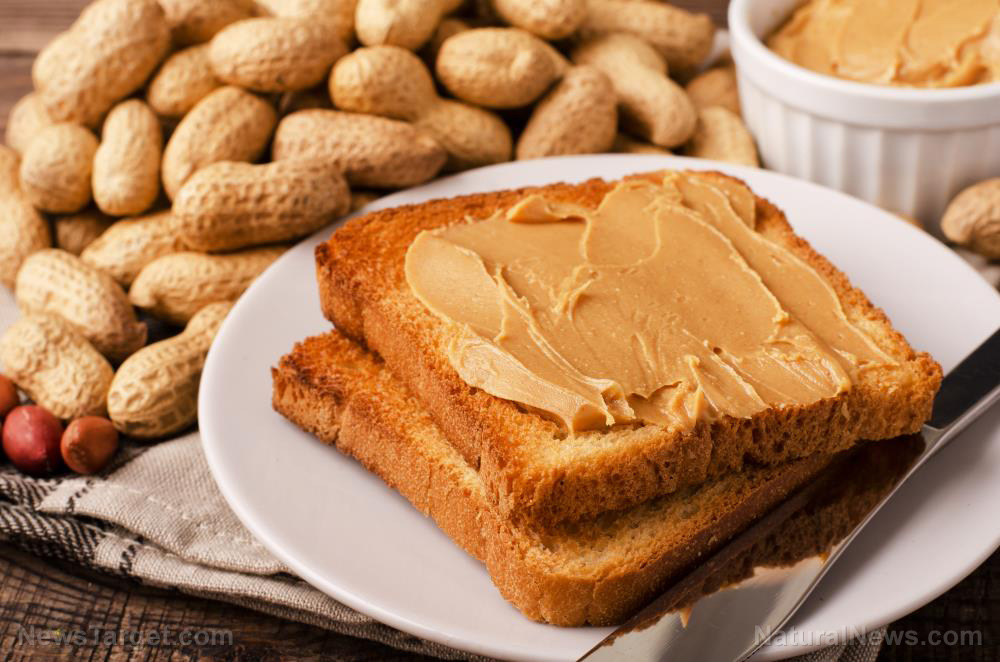how much peanut butter a day to gain weight Peanut butter and weight gain: what to know
 Peanut butter and weight gain: What to know
Peanut butter and weight gain: What to know
Are you a peanut butter lover? Well, you’re not alone! Peanut butter is a delicious spread that many people enjoy, whether it’s on toast, in a sandwich, or as an ingredient in various recipes. But if you’re trying to lose weight, you may have heard some conflicting information about whether or not peanut butter is beneficial for your goals.
Let’s take a closer look at the relationship between peanut butter and weight gain.
First and foremost, it’s important to remember that weight gain is primarily determined by the number of calories you consume versus the number of calories you burn. Peanut butter is relatively high in calories, with around 94 calories per tablespoon. Therefore, if you eat large quantities of peanut butter without considering your overall calorie intake, it could contribute to weight gain over time.
However, peanut butter is also a good source of healthy fats and protein, which can help you feel more satisfied and full after eating. These nutrients can potentially curb your appetite and prevent overeating, which may be beneficial for weight management in the long run. Remember, it’s all about moderation and portion control!
 11 Easy Ways to Lose Weight Without Dropping Calories - Aesthetic Physiques
11 Easy Ways to Lose Weight Without Dropping Calories - Aesthetic Physiques
Losing weight doesn’t necessarily mean depriving yourself of your favorite foods or drastically reducing your calorie intake. In fact, there are several effective strategies you can incorporate into your lifestyle that can help you shed those extra pounds without feeling hungry or restricted.
Here are 11 easy ways to lose weight without dropping calories:
1. Start your day with a protein-rich breakfast: Eating a breakfast that is high in protein can help you feel fuller for longer and reduce cravings throughout the day. Consider having eggs, Greek yogurt, or a protein smoothie.
2. Stay hydrated: Drinking an adequate amount of water can help control your appetite and boost your metabolism. Aim for at least 8 cups of water per day.
3. Eat more fiber: Include foods that are rich in fiber, such as whole grains, fruits, vegetables, and legumes. Fiber helps promote feelings of fullness and aids in digestion.
4. Get enough sleep: Lack of sleep can disrupt your hormones and increase your appetite. Aim for 7-9 hours of quality sleep each night.
5. Practice mindful eating: Pay attention to your food choices and eating habits. Eat slowly, savor each bite, and listen to your body’s hunger and fullness cues.
6. Incorporate strength training: Building muscle can help increase your metabolism and burn more calories, even at rest. Include resistance exercises in your workout routine.
7. Minimize stress: Stress can lead to emotional eating and weight gain. Find healthy ways to manage stress, such as exercise, meditation, or practicing a hobby.
8. Avoid sugary beverages: Liquid calories can add up quickly and provide little satiety. Opt for water, unsweetened tea, or infused water instead.
9. Plan your meals and snacks: Having a meal plan can help you make healthier choices and prevent impulsive eating. Be sure to include a variety of nutrient-dense foods.
10. Stay active throughout the day: Incorporate physical activity into your daily routine. Take the stairs, go for a walk during your lunch break, or try a new fitness class.
11. Practice portion control: Be mindful of portion sizes and avoid eating directly from the container. Use smaller plates and bowls to help control portion sizes.
By implementing these simple yet effective strategies, you can achieve your weight loss goals without feeling deprived or hungry. Remember, sustainable weight loss is about making long-term lifestyle changes rather than relying on quick fixes.
Always consult with a healthcare professional or a registered dietitian before making any drastic changes to your diet or exercise routine. They can provide personalized advice and guidance tailored to your specific needs and goals.
So, don’t let the fear of weight gain deter you from enjoying peanut butter. Just remember to consume it in moderation and incorporate it into a well-balanced diet.
Stay motivated, stay consistent, and always prioritize your health and well-being!
If you are looking for Peanut butter and weight gain: What to know you’ve came to the right page. We have 5 Images about Peanut butter and weight gain: What to know like Peanut butter and weight gain: What to know, 11 Easy Ways to Lose Weight Without Dropping Calories - Aesthetic Physiques and also 11 Easy Ways to Lose Weight Without Dropping Calories - Aesthetic Physiques. Read more:
Peanut Butter And Weight Gain: What To Know
 www.medicalnewstoday.comDoes Peanut Butter Cause Weight Gain? – You Must Get Healthy
www.medicalnewstoday.comDoes Peanut Butter Cause Weight Gain? – You Must Get Healthy
 youmustgethealthy.com11 Easy Ways To Lose Weight Without Dropping Calories - Aesthetic Physiques
youmustgethealthy.com11 Easy Ways To Lose Weight Without Dropping Calories - Aesthetic Physiques
 aestheticphysiques.comcalories pasta lose cooked peanut tbsp dropping
aestheticphysiques.comcalories pasta lose cooked peanut tbsp dropping
The One Ingredient You Should NEVER Put In Your Shakes Because It
 www.shefinds.comshakes
www.shefinds.comshakes
Nut Butters: Can Peanut Butter Help You Gain Weight?
 food.newspeanut butter nut gain weight help butters views
food.newspeanut butter nut gain weight help butters views
Does peanut butter cause weight gain? – you must get healthy. Peanut butter nut gain weight help butters views. The one ingredient you should never put in your shakes because it